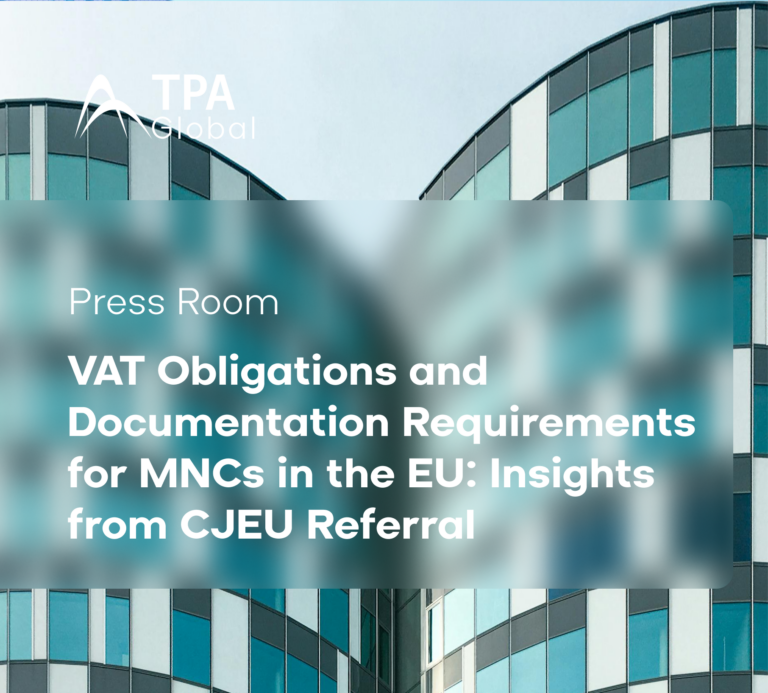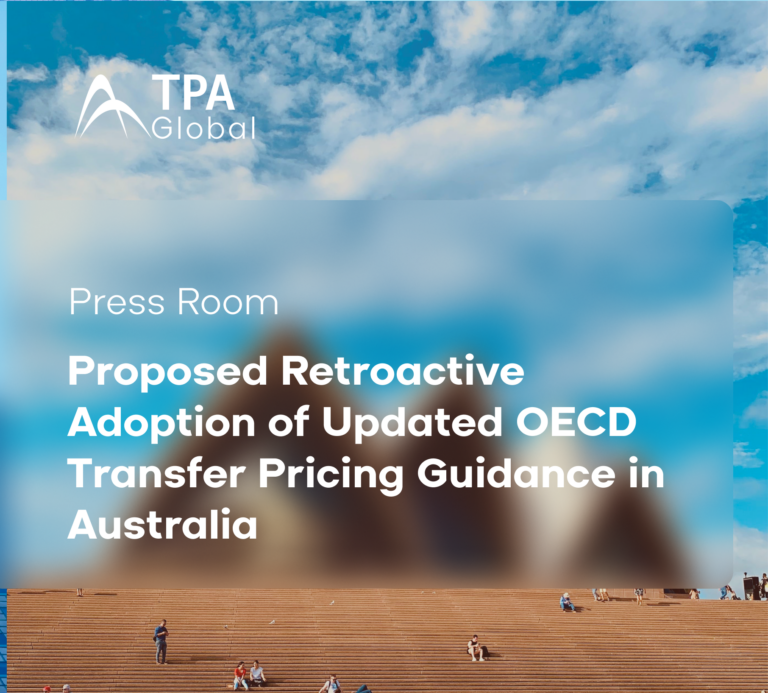The Dutch Senate has greenlit tax legislation encompassing the 2024 tax plan and the Minimum Tax Act, culminating in changes to the Dutch tax landscape. However, concerns raised by certain senators cast a shadow over specific amendments, prompting a reevaluation and potential reconsideration of selected measures in the upcoming fiscal years.
Senate’s Approval and Subsequent Concerns:
The Dutch Senate voted in favor of the Dutch tax laws as proposed on Budget Day 2023, except for the Industry and Electricity Fiscal Climate Measures Act, endorsing the majority of tax proposals. Nonetheless, apprehensions voiced by senators shed light on reservations regarding decisions related to the increase of the minimum wage and other tax-related changes.
The Concerns:
Senators also expressed apprehensions over the proposals to abolish the tax-free share repurchase facility by January 1, 2025, scaling back the 30% regime for incoming expats starting January 1, 2024, elevating bank levy rates, and augmenting personal income tax rates. They urged government to explore alternative measures due to the potential economic impacts of the implementation of these amendments.
Government’s Response and Potential Amendments:
Acknowledging these concerns, the caretaker government committed to exploring other options, with a pledge to present viable alternatives in the tax plans scheduled for Budget Day 2024. However, this commitment hinges on the caretaker government’s status. A possible transition to a new government with potentially differing perspectives may lead to these concerns remaining unaddressed.
Parallel Developments: Pillar Two and Other Legislative Changes
The Dutch Senate sanctioned the 2024 tax plan, which incorporates alterations to tax laws, such as the introduction of a withholding tax on share buybacks and further constraints on the 30% facility for expats. These changes, aligned with the Minimum Tax Act 2024 (Pillar Two), usher in modifications to reporting years starting on or after December 31, 2023, and December 31, 2024, respectively.
The Minimum Tax Act 2024, aligning with the EU Directive, introduces a Qualified Domestic Minimum Top-Up Tax (QDMTT), an Income Inclusion Rule (IIR), and an Undertaxed Payments Rule (UTPR). Additionally, changes in legal entity and partnership classification rules and Dutch dividend withholding tax on share buybacks add another layer of complexity to the already evolving tax landscape.
Looking Ahead:
While the Dutch Senate’s approval marks a significant milestone, the impending reconsideration of specific measures introduces slight sense of uncertainty. The commitment to explore alternatives by the caretaker government highlights a level of flexibility in tax policy, emphasizing the necessity for tax professionals and investors to stay abreast of developments and potential revisions in the Dutch tax framework.
For more information regarding this topic, read our previous article here.
Don’t miss our most recent updates and articles; follow us on LinkedIn.



